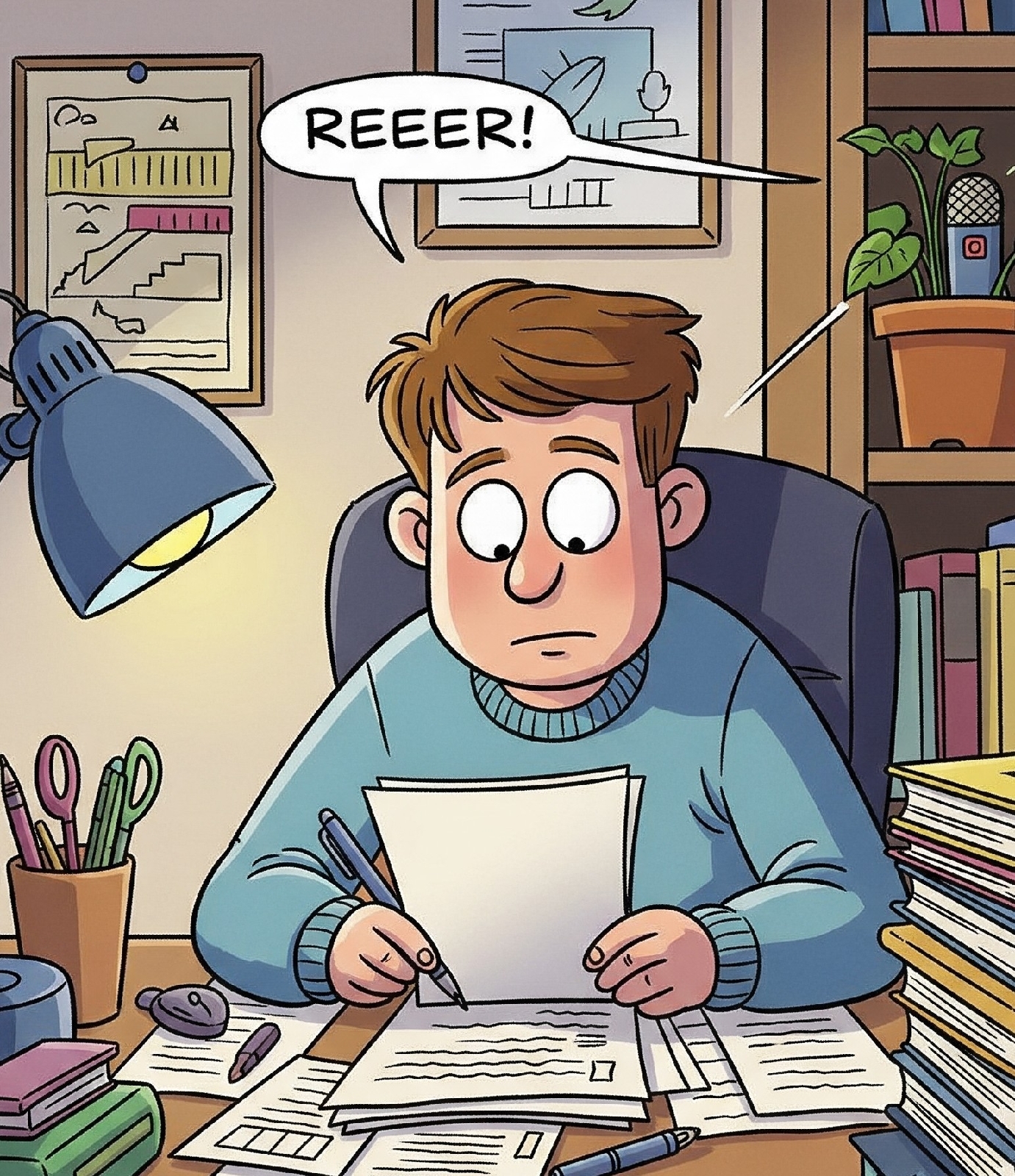That little red light you don't see might be the most important one in the room. With the advent of micro audio and video recorders, smaller than a button on your shirt, the age of private conversations at work is over. Think about that for a moment. Every word you utter, every sigh of frustration, could be documented. In New York, it's perfectly legal.
Welcome to the modern workplace, where the old adage "walls have ears" has been upgraded to "your colleague has a high-definition recorder." New York State operates under a "one-party consent" law for audio recordings. This means that as long as the person hitting record is part of the conversation, they don't need your permission to capture every single word. Your consent is not required.
Let that sink in. The disgruntled coworker, the overly ambitious cubicle rival, or even the boss looking for an edge – any one of them can legally create a permanent record of your conversation without your knowledge.
While employers in New York are generally required to notify you about electronic monitoring of company equipment like computers and phones, the one-party consent law opens up a vast gray area for personal recordings. That chat by the water cooler? The lunch break gripe session? The "private" meeting in a conference room? All of it is fair game for anyone with a smartphone or a tiny, inexpensive recording device.
This isn't some far-fetched dystopian scenario. It's the reality of our technologically saturated lives bleeding into our professional spaces. The line between a casual chat and a piece of evidence has never been thinner.
So, what does this mean for you? It means you must operate under the assumption that you are always on the record. Every statement, every joke, every off-the-cuff remark could be scrutinized later. In an era of heightened workplace sensitivity and legal complexities, a thoughtless comment can be twisted and used in ways you never intended.
Is this an invasion of privacy? Absolutely. Is it legal in New York? You bet. The only defense is a proactive one. Be mindful, be professional, and choose your words as if they were being broadcast to the entire office – because one day, they just might be.


Comments
Post a Comment